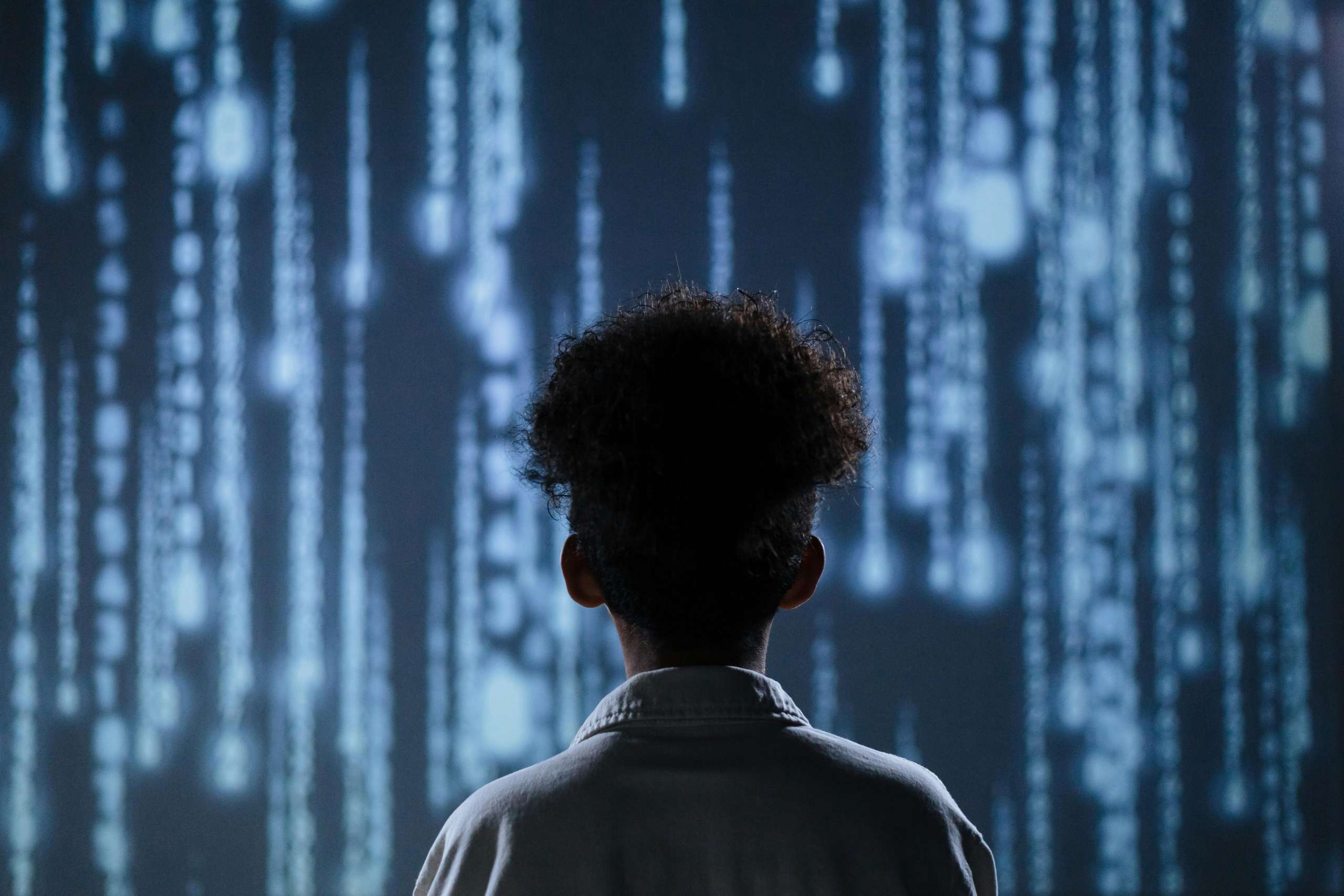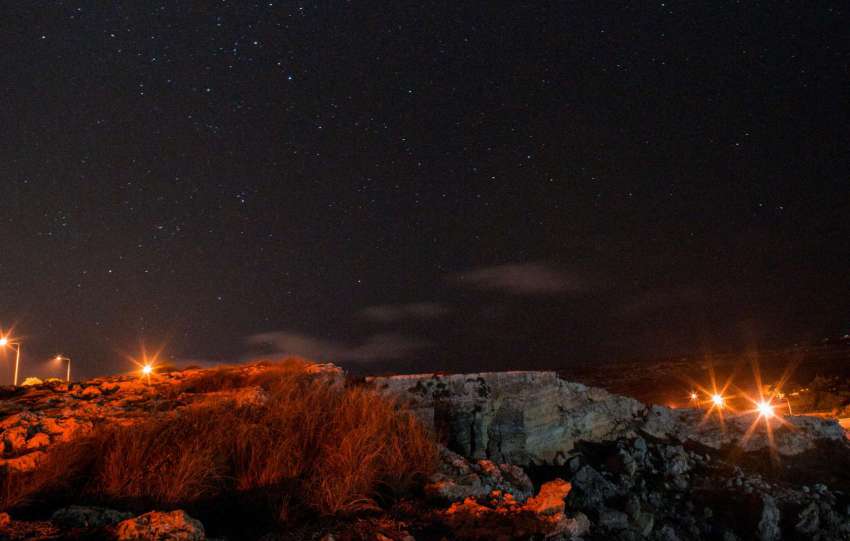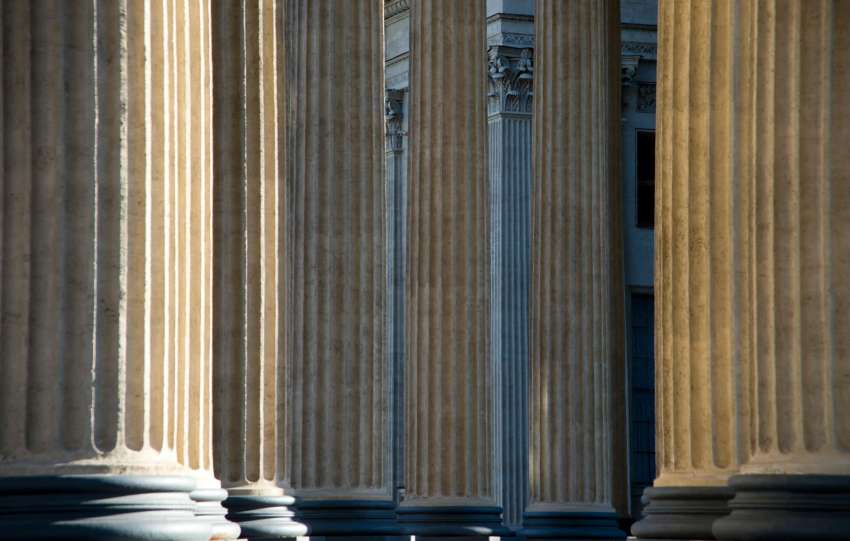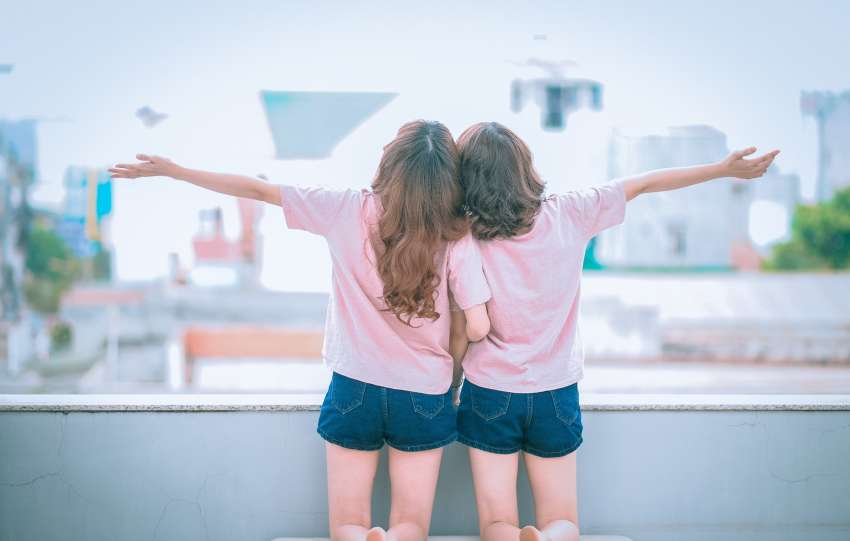Share This Article
Yes! No! That can’t be true! Wait, is it? Surely not?
I find myself twisted and crumpled like an expansive stained napkin when it comes to understanding the world we live in.
I see black clouds stampeding their way through the vain and artificial sky. Was it the Dalai Lama who said, ‘The beginning of all knowledge is understanding that you know nothing’? Well, I’m quite sure of that.
The world is full of disinformation. There is no surprise with that. But like two birds twisting and turning, you begin to lose track of either, and they blend into one. The beauty of the truth, casually dampened by the severity of the news. A longing for connection, saturated against a sterile society.
Recently, the Digital News Report Australia found that Australians continue to be the most concerned about what is real or fake online, with seventy-four per cent saying they are worried about it.
It doesn’t surprise me that we, as university students, have a ravenous appetite for AI. Why shouldn’t we? AI, like icing on a cake, is swiftly oozing its way over our society. Yet, there is a cacophony of drums, cautioning us about AI.
But this is not a new concern. This is a concern that all technologies raise.
A favourite example is Plato, who complained about the baleful effects of books. He believed in books. He believed that books would make us deficient in curating ideas of our own. That they would create a problem of dependency. Not too dissimilar to the concerns surrounding our use of AI.
I’ve noticed that, as students, we are forming a greater sense of dependency on AI. Our first step to solving a problem is turning to AI, whether for writing emails or tackling our next assignment. There is a great sense of foreboding that I, myself, may become dependent.
This is a scary truth we must face. It’s not just about hastily ticking things off our to-do list. We are outsourcing our thinking.
What will become of our society if we can’t think for ourselves?
We are faced with greater and more numerous examples of disinformation. One form of disinformation can be attributed to “thought-terminating cliches” a term coined by Robert Lifton in 1961, which describes a catchy phrase aimed at shutting down independent thinking.
Another form derives from our exposure to high-profile personalities. I recently saw a reel of Jerry Seinfeld on Instagram where he says if you repeat the same word twice in a sentence, you sound confident and convincing. People believe what you say. Phrases like “it is what it is” or “business is business”. These are terms we hear in our everyday conversations, and we have the “illusory truth effect” to blame. This outlines that we have the unconscious yet pervasive tendency to trust a statement simply because we have heard it multiple times.
Yet another form comes from our exposure to media and government propaganda. Australian conservatives, for instance, in 2023 used the rhyming slogan “If you don’t know, vote no”. This was to discourage citizens from supporting a constitutional amendment that afforded Indigenous people a representative body in Parliament. By not pausing to think, we are drawn to making easy populist decisions irrespective of our personal values and beliefs on the matter. This line of argument encourages people not to think critically and form their own beliefs.
A mere awareness of this trickery isn’t enough.
How do we overcome this?
I believe the answer lies under the sodden exiled humanity we live in.
Like penguins, we must huddle together. Protect ourselves from the impending force of nature that threatens our thinking. As a society, we must critically examine the comfortable depths of our confirmation biases.
It is known that we are more likely to trust information that we already believe or relate to as part of our experiences. The challenge, however, is to let that go. Our intuitive judgements provide us with a gut feeling, and that’s where most people stop. We must go a step further and embark on the process of reflective judgement – to question a view and confront an idea we think we know. I’m not saying to doubt everything we encounter, but rather that we must learn to sit with uncertainty. To recognise that it is critical that we don’t believe everything we hear at face value, and that not everything has a simple answer. To recognise that we have a voice and that we must find it by pausing to reflect on our quick judgements, to prevent ourselves from succumbing to publicity and mediocrity.
Uncertainty is part of life; closely reflecting on it keeps us honest. It forces humility. It sharpens our thinking.
Because the implications of losing our ability to think may have catastrophic consequences.



